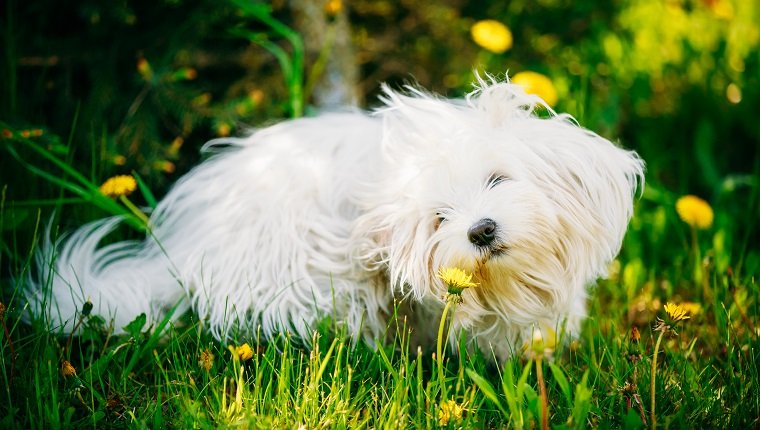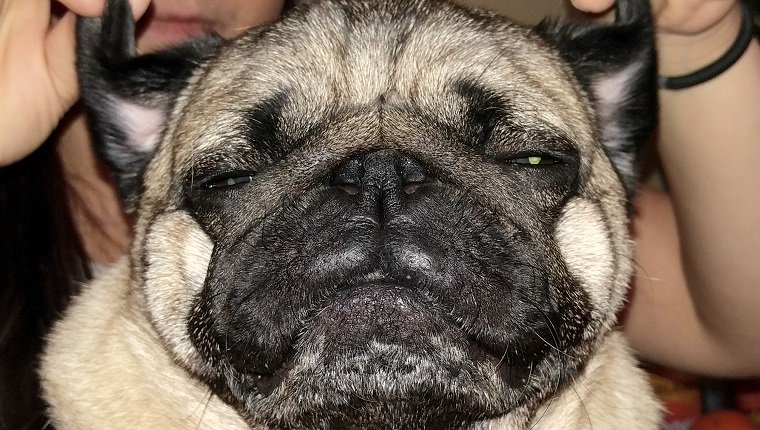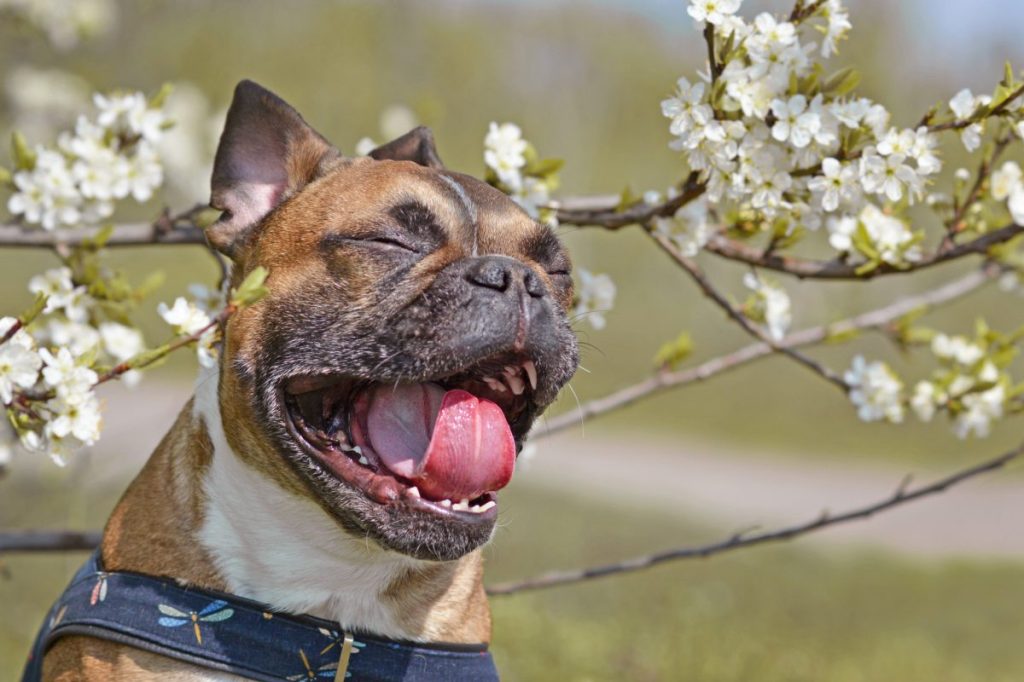If your dog has started making an odd honking sound, it can be a bit concerning. It’s a strange noise that sounds a bit like an angry goose, and it may seem like your dog is having a respiratory issue that needs immediate veterinary attention.
That honking sound is called reverse sneezing, and fortunately, in most cases, it doesn’t require any medical treatment. It’s also known as Pharyngeal Gag Reflex or Paroxysmal Respiration. Reverse sneezing often sounds worse than it actually is, but it can indicate a more serious problem.
In both cases, if your dog’s honking or reverse sneezing episodes are persistent, severe, or accompanied by other concerning symptoms such as difficulty breathing, coughing up blood, lethargy, or loss of appetite, it is important to seek veterinary attention promptly. A veterinarian will be able to conduct a thorough examination, diagnose the underlying cause, and provide appropriate treatment or management options for your dog’s specific condition.
Here’s what you should know about that honking noise your dog is making.
What is happening
There are some telltale signs of a reverse sneeze that are fairly common. Chances are your dog will extend their neck as they gasp, snort, and make loud grunting sounds. They may turn their elbows out and their eyes may bulge a bit. Their chest might expand as they try to get more air into their lungs.
This is because the trachea is narrowed, and your dog may be having some trouble taking in air. A reverse sneeze is triggered by an irritant in the throat and soft palate. The causes of this irritation are various and rarely a cause for concern.
It may sound like your dog is choking, coughing, or having an asthma attack, but the episode is likely to end in a few minutes without harm to your dog.
Causes of reverse sneezing

Anything that causes irritation to the throat or soft palate can trigger reverse sneezing. The causes range from harmless to more serious, but are usually nothing to worry about.
Here are some of the reasons your dog may be reverse sneezing:
- Getting overly excited
- Rapid eating and drinking
- Pollen, dust, or allergens
- Perfumes
- Post-nasal drip or nasal inflammation
- Household cleaners or chemicals
- Viruses or mites
- Exercise intolerance
- Pulling on a leash
- Foreign substances in the throat
What to do about it
An individual episode of reverse honking will likely end on its own after a few seconds or minutes at the most. It’s rarely a cause for alarm. You may, however, want to note the cause of the irritation if you can identify it and steer clear of it in the future.
For example, if the cause is a certain kind of perfume, you may want to avoid using it near your dog. If the cause is pulling on the leash, it may be time for some obedience training for calmer on-leash behavior.
Antihistamines can be effective in suppressing reverse sneezing caused by allergens. You should consult your vet about your dog’s allergies. Your vet may prescribe medication, or you can discuss some ways to treat allergies naturally.
You can also try massaging your dog’s throat to bring an end to the episode more quickly. This can help stop the spasm.
You might also attempt covering your dog’s nostrils for a quick moment, which will cause them to swallow and potentially clear the irritant from their throat.
In the unlikely event that the honking continues, you can try depressing your dog’s tongue to open the mouth and move air to the lungs and through the nostrils.
Though reverse honking is generally not a cause for concern and leaves no harmful after effects, you may wish to consult your vet if you suspect allergies or a viral infection. Your vet will be able to rule out these causes and give you further advice on how to avoid potential irritants.
Which dogs are prone to reverse sneezing

Brachycephalic dogs, or dogs with short snouts, tend to experience reverse sneezing more often. Breeds like Shih Tzus, Boxers, Pugs, and others have longer soft palates that get irritated more easily.
Small dogs also tend to be more prone to reverse sneezing. Beagles, Yorkshire Terriers, and other small dogs with smaller throats reverse sneeze more often.
As your dog ages, you may notice the episodes of reverse sneezing becoming more prevalent. This happens naturally and usually isn’t a cause for concern. However, if your dog hasn’t reverse sneezed in the past and is starting to do so more frequently, you may wish to take a trip to the vet just to be safe.











